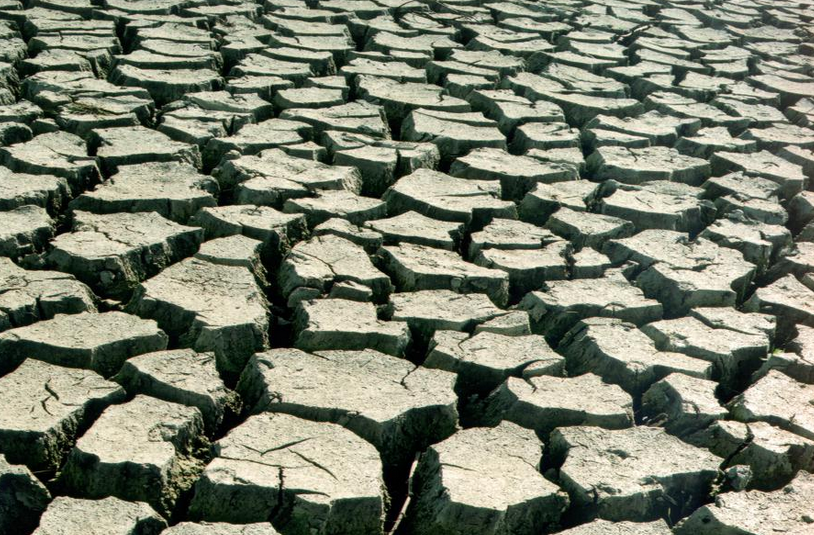 Simon Johnson looks at ‘fix the ETS’ metaphors and argues that trying to incrementally ‘save’ or ‘fix’ the NZ Emissions Trading Scheme will ensure it remains ineffective in reducing domestic emissions for decades. Politically, its just flogging the dead horse. We don’t have time for a unending institutionalised cultural conflict over ‘fixing the NZETS’ like the one we have had for ‘fixing’ the Resource Management Act.
Simon Johnson looks at ‘fix the ETS’ metaphors and argues that trying to incrementally ‘save’ or ‘fix’ the NZ Emissions Trading Scheme will ensure it remains ineffective in reducing domestic emissions for decades. Politically, its just flogging the dead horse. We don’t have time for a unending institutionalised cultural conflict over ‘fixing the NZETS’ like the one we have had for ‘fixing’ the Resource Management Act.
In my last post I used the metaphor or framing of ‘arguing over the gears while accelerating towards a cliff’ for the latest review of the New Zealand Emissions Trading Scheme.
Other commentators are using a very different framing for the review; that of ‘fixing the NZETS’. For me that raises some fundamental questions. What are the political advantages and disadvantages of the two framings? Where will each framing lead us? Which framing is more ‘science-informed’?
Continue reading “Fixing the NZ Emissions Trading Scheme is just flogging the dead horse”

 What can I add to the millions of words in dozens of languages that have already been written by the thousands of journalists and commentators around the Paris Agreement? We now have a globally binding agreement that really looks like it could curtail the use of a fuel that has been central to our way of life for more than 150 years.
What can I add to the millions of words in dozens of languages that have already been written by the thousands of journalists and commentators around the Paris Agreement? We now have a globally binding agreement that really looks like it could curtail the use of a fuel that has been central to our way of life for more than 150 years.

